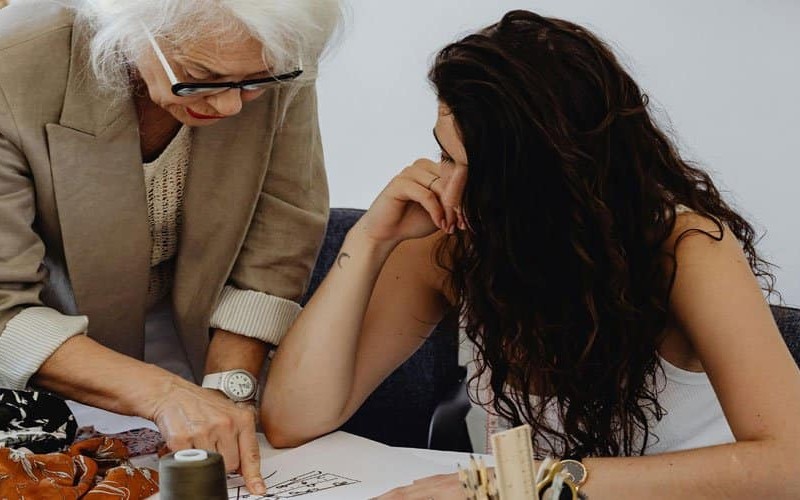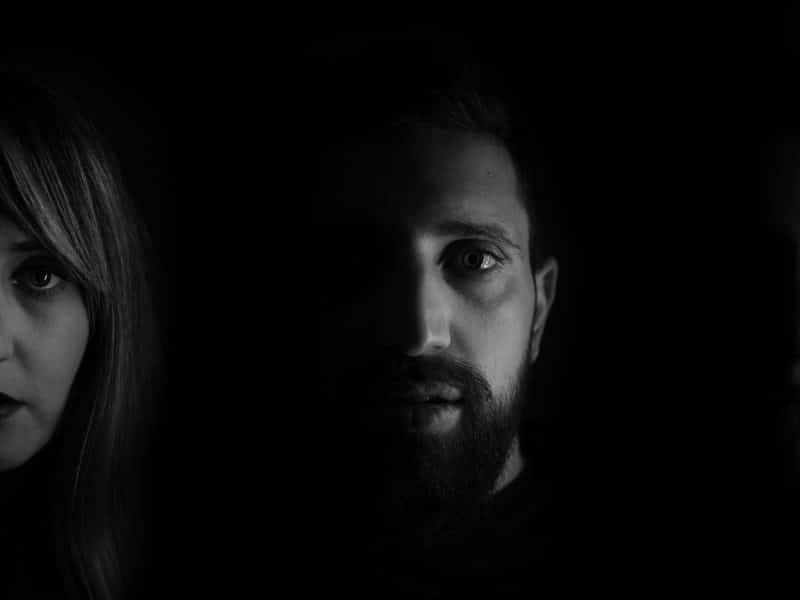From Lessons to Legacy: How Our Abuelas Teach about Entrepreneurship
Let’s celebrate the tenacity, innovation, and grace passed down by our Abuelas. Explore Escoto’s profound connection with her abuelas and discover the invaluable lessons that shaped her appreciation for entrepreneurship.

There wasn’t a day in my life that I did not see mujeres being industrious, enterprising, savvy, and hard-working. The story of my life is lined up with mujeres who fit this description, and I really don’t think that I am an exception. Latinas, especially those that grew up in Latin America, can probably tell stories like mine below:
I was probably 6 years old, and it was Friday night. I spent the afternoon at my mom’s jazzercise and aerobics business, called “Relax.” It was collocated with my father’s taekwondo school, but that day it was all music and ladies in tights. From there, I went with my grandfather to visit his mother—my great grandmother—who lived on another side of town. I got to ride his pickup truck on the back, laying on the wagon, staring at the stars. Growing up in Santo Domingo, I was always close to the ocean. This was one of those days when I could smell the salt as we drove to Abuela Macha’s house.
Macha was not home. She was at “la tienda.” She owned a small store that seemed like a wax museum or eclectic fashion storage. But she made a living from it, sewing and doing alterations for her clients. We visited her there, and I played with all the things she let me touch: the broom and a chair.
Saturday, my mom, Jasmin, had left me with her mother, Abuela Vicky, while she ran some errands. I got really curious about a ceramic elephant that was drying in the sun. My grandmother had a side business making ceramics, which was more profitable than her other side business selling clothes she bought in Puerto Rico. The ceramic elephant was boring, and I decided to enhance it by poking dots with a stick. Dalmatian Elephant didn’t seem to be what the client wanted. Needless to say, I got in trouble and learned that day that the client is always right.
Sunday was my dad’s turn to do family time. The tradition was going to Abuela Ura’s house where meat was scarce, so you had to watch your plate or else. After the meal, we played bingo, and we bet actual money. It was the best. Sundays usually ended with Abuela Ura handing my dad a stack of taekwondo uniforms that she and her mom, Abuela Morena, had made that week. We sold their uniforms at our school.
Looking back, I realize that I am the product of my surroundings. These women were tenacious and committed. They started things, they provided for their families in courageous and innovative ways. They were resourceful and inventive. Everything turned into a dollar, and you turned a dollar into two. And they did it with grace and love and feminine flair, from home.
It is obvious to me why Latin American immigrant women are the fastest-growing segment of entrepreneurs in the United States. And it makes sense to me that they are also decision-makers at home, collectively managing $1 trillion today, and rising.
Fast forward, and you will find me launching my first venture in 1998, writing software to track the performance of aircraft engines. I’ve also been the Mary Kay lady, a food vendor at a local street festival, and a speaker at MIT Media Lab (more than once). My love for entrepreneurship is a love of my culture, an ode to my Abuelas and my mom, a rite of passage for my daughters. Nothing about owning a business is disconnected or meaningless–all of it is a part of me.
As I work with the organization Black & Brown Founders to develop a curriculum and coach other entrepreneurs, I am reminded of the legacy we build with every launch. We make history, every day. Another little girl is watching, and writing stories where the protagonists look like her. As a matter of fact, they are her. Every time I pay for one of my daughter’s college applications, I feel a deep sense of satisfaction that my business allowed me to do that–and she knows it. They are watching me now. They are writing their own stories.
Latinas and entrepreneurship are synonyms. High-five Abuelas!
Francesca Escoto is Director of Education and co-creator of the Bootstrapping Bootcamp at Black & Brown Founders. She is also the Founder & CEO of Brava Management Consulting, a boutique firm focused on coaching, operations optimization, and software development. She can be found onTwitter (@waofrancesca).



